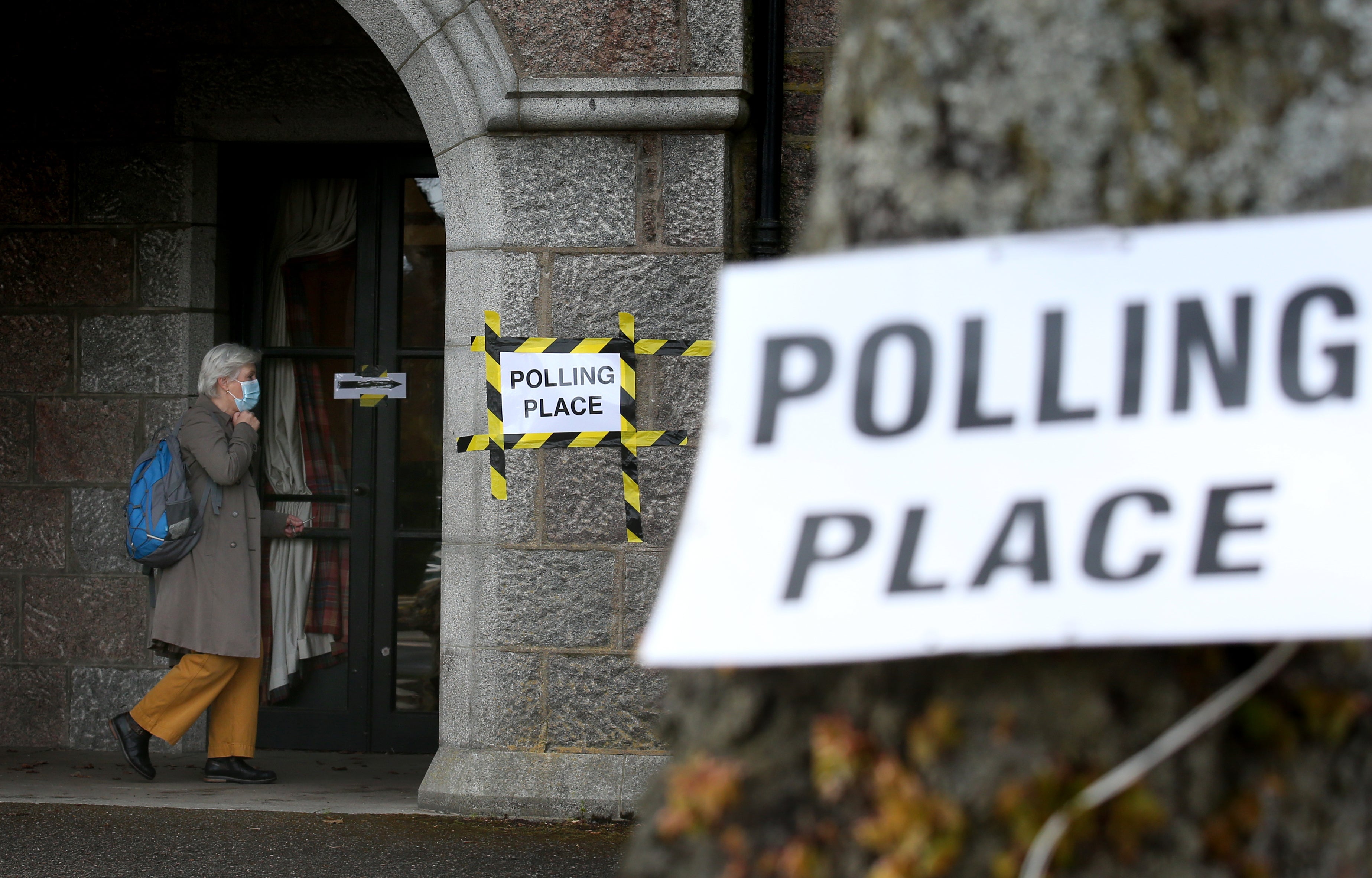Counts to begin for Scotland’s 32 local authorities
More than 1,200 councillors are being elected, with results expected to start from Friday afternoon.

Your support helps us to tell the story
From reproductive rights to climate change to Big Tech, The Independent is on the ground when the story is developing. Whether it's investigating the financials of Elon Musk's pro-Trump PAC or producing our latest documentary, 'The A Word', which shines a light on the American women fighting for reproductive rights, we know how important it is to parse out the facts from the messaging.
At such a critical moment in US history, we need reporters on the ground. Your donation allows us to keep sending journalists to speak to both sides of the story.
The Independent is trusted by Americans across the entire political spectrum. And unlike many other quality news outlets, we choose not to lock Americans out of our reporting and analysis with paywalls. We believe quality journalism should be available to everyone, paid for by those who can afford it.
Your support makes all the difference.Counts are set to begin in Scotland’s 32 local authorities as the country awaits the outcome of Thursday’s local government election.
The results are expected to be delivered throughout Friday afternoon, with some 1,227 councillors to be elected.
Count centres in each council area will use an electronic counting system to determine the results.
The STV (single transferable vote) system used in local government ballots in Scotland makes it difficult for parties to win overall control of councils, meaning there will most likely be talks after results are announced to determine whether parties can operate as minority administrations, or if local coalitions can be formed.
The counting process for the STV system also takes more time than those used in general elections or the Scottish parliamentary elections, meaning results are not declared as fast as they are under other systems.
However, some council wards already know who will be representing their local authority due to a lack of candidates standing in the area.
Three wards in the Western Isles, two wards in Shetland, and one each in Highland, Moray and Inverclyde have already elected their councillors, with candidates standing in those wards selected on Thursday.
Polls carried out in the run-up to the vote suggested the Scottish Conservatives could fall to third place, with Labour overtaking them for second spot.
This year’s election campaign was dominated by issues including the cost-of-living crisis, which has been at the top of the agenda for many voters.
At the last council elections in 2017, the SNP secured 431 council seats while the Tories saw 276 councillors elected – narrowly ahead of Labour, who returned 262 representatives.
A total of 172 independent councillors were elected, along with 67 Liberal Democrats and 19 Greens.